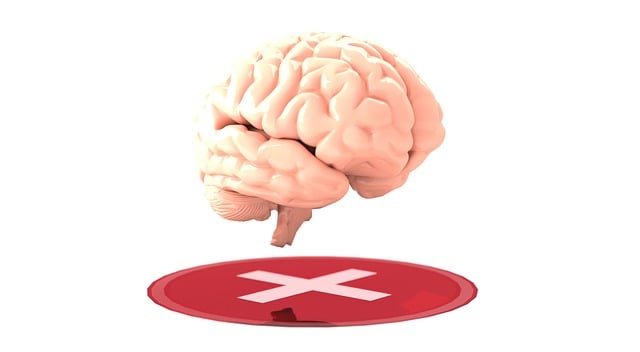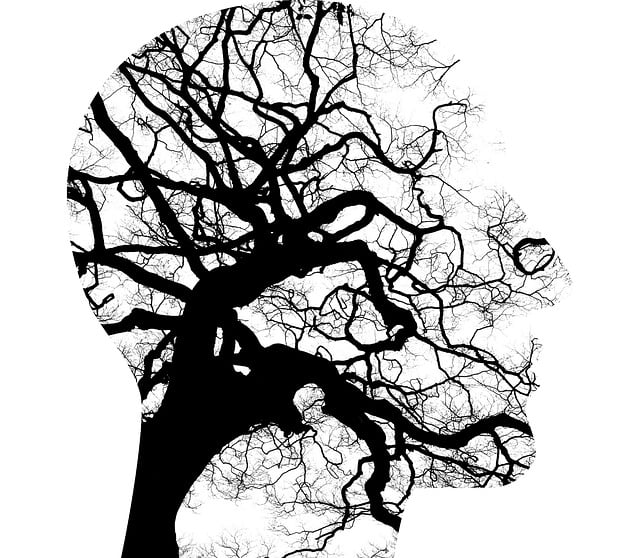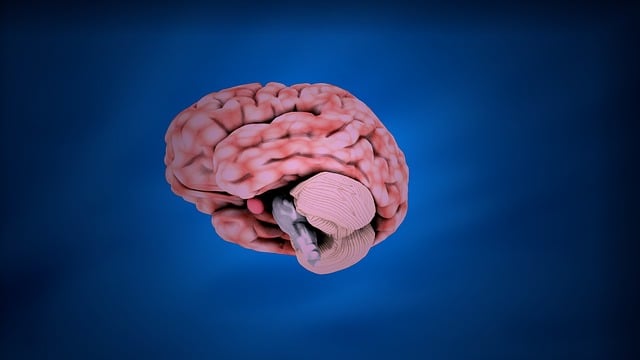Littleton Learning Disability Therapy emphasizes the vital role of stress management in enhancing the well-being of individuals with learning disabilities. By recognizing and addressing unique stressors, tailored approaches like CBT, mindfulness practices, and guided meditation techniques are offered. These methods, coupled with school-home collaboration, create a supportive environment for emotional healing and resilience building. Through evidence-based practices, podcast series, and awareness campaigns, Littleton Learning Disability Therapy promotes accessible mental wellness solutions for diverse communities.
Stress reduction is an essential aspect of holistic well-being, especially for individuals with learning disabilities. This article explores effective methods to alleviate stress, offering insights into various strategies tailored to daily life. We delve into the profound impact of stress on learning disabilities and provide practical tips for relaxation and mindfulness at home.
Additionally, we discuss the therapeutic benefits of Littleton Learning Disability Therapy in teaching stress reduction techniques and emphasize the role of supportive environments created by schools and families.
- Understanding Stress and Its Impact on Individuals with Learning Disabilities
- Strategies for Daily Relaxation and Mindfulness at Home
- The Role of Therapy in Effective Stress Reduction Techniques
- Creating a Supportive Environment: Schools' and Families' Responsibilities
Understanding Stress and Its Impact on Individuals with Learning Disabilities

Stress is a common experience for many, but its impact can be particularly profound for individuals with learning disabilities. Understanding this dynamic is crucial in developing effective strategies to promote mental wellness. In the context of Littleton Learning Disability Therapy, recognizing and addressing stress is essential to fostering a supportive environment.
Learning disabilities often come with unique challenges that can heighten stress levels. For instance, tasks that might seem routine to others could be overwhelming for someone with processing difficulties. As such, it’s important to consider tailored approaches, like those offered through the Mental Wellness Podcast Series Production or explored in Mental Health Policy Analysis and Advocacy, to help individuals manage stress effectively. Emotional healing processes play a vital role in supporting these individuals, ensuring they develop healthy coping mechanisms and thrive despite the challenges they face.
Strategies for Daily Relaxation and Mindfulness at Home

In today’s fast-paced world, finding moments of peace and tranquility at home is essential for emotional regulation and mental wellness. Simple yet powerful strategies can help reduce stress and cultivate a sense of calm. Techniques such as deep breathing exercises, guided meditation, or even just allocating 15 minutes each day to sit quietly with a cup of tea can significantly improve self-esteem and overall mental health. Littleton Learning Disability Therapy emphasizes the importance of these daily rituals, which serve as foundational practices for managing stress effectively.
For those seeking additional tools, exploring mindfulness through activities like yoga or journaling can be transformative. The Mental Wellness Podcast Series Production offers a wealth of resources with expert insights on integrating mindfulness into everyday life. By incorporating these practices, individuals can create a peaceful sanctuary within their homes, fostering an environment conducive to emotional balance and personal growth.
The Role of Therapy in Effective Stress Reduction Techniques

Therapy plays a pivotal role in equipping individuals with effective stress reduction techniques, especially for those navigating learning disabilities or past traumas. Littleton Learning Disability Therapy offers specialized services designed to address unique challenges faced by its clients. Through individualized therapy sessions, professionals help clients develop coping strategies tailored to their specific needs. This may involve cognitive-behavioral therapy (CBT) techniques to reframe negative thought patterns, mindfulness practices for present-moment awareness, or exposure therapy for overcoming fears and anxieties.
Incorporating these evidence-based methods into a comprehensive therapeutic approach allows clients to build resilience and enhance their mental wellness. Moreover, Trauma Support Services within this framework can be instrumental in helping individuals process and heal from past traumatic experiences, thereby reducing the stress and anxiety that often accompany such histories. Public Awareness Campaigns Development and Mental Wellness Podcast Series Production can also be utilized to expand access to these therapeutic techniques, fostering a broader understanding of effective stress reduction strategies among diverse populations.
Creating a Supportive Environment: Schools' and Families' Responsibilities

Creating a supportive environment is a collaborative effort between schools and families, playing a pivotal role in stress reduction methods for students. Schools can foster mental health awareness by integrating therapeutic practices into their daily routines. This may include regular mindfulness sessions or even on-site therapy services, such as those offered by Littleton Learning Disability Therapy. Such initiatives ensure that students have access to coping skills development resources within the educational setting.
Families, too, bear a responsibility in this regard. Open communication and a strong support system at home can significantly contribute to a child’s emotional well-being. By encouraging healthy coping strategies and providing a safe space for expression, parents and guardians can help mitigate stress levels. Regular family gatherings or activities that promote bonding and open dialogue can be powerful tools in enhancing Mental Health Awareness, as highlighted by the Risk Assessment for Mental Health Professionals, ultimately supporting students’ holistic development.
Stress reduction is an essential aspect of holistic care for individuals with learning disabilities. By combining daily relaxation practices, therapy interventions, and supportive environments, we can significantly improve their well-being. Littleton Learning Disability Therapy highlights the importance of a multi-faceted approach, addressing not just symptoms but also the root causes of stress. It’s through this comprehensive strategy that we foster resilience and enhance the quality of life for those navigating learning challenges, ultimately enabling them to thrive in a supportive and understanding environment.














